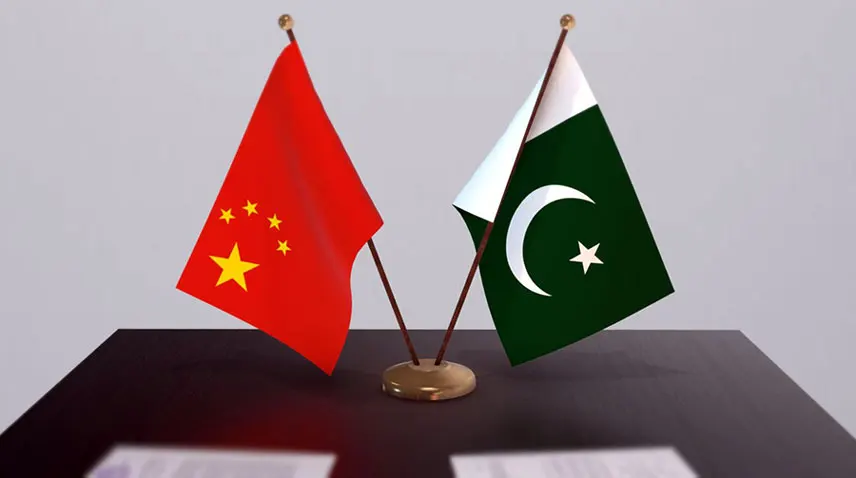Pakistan should distinguish between China and the US and go with the one who is doing the right thing. These views were expressed by the Chinese experts at an interactive session hosted by the Chinese Embassy for media persons.
The experts were from various think-tanks and research institutes of China and they highlighted the achievements related to modernisation and development made by China since 1978.
Prof Victor Zhikai Gao, Vice President of Centre for China and Globalisation (CCG), briefed the audience about the China-US relations and lauded Pakistan role in establishing the diplomatic ties between the economic powers in 1971.
The world is changing fast and the US-China relations are now sour, but for Pakistan the US is very important at the same time China too is very important,” Prof Gao said, adding, “The real choice for Pakistan is not the relations with the US or with China, the real choice has to be with the one doing the right thing.” Prof Gao said that the US policies over Palestine were wrong and the country was using pressure tactics and sanctions as a tool that was wrong.
He advised Pakistan to focus on stability, peace and growth since the challenges to its economy were grave and could only be overcome by focusing on their solutions instead of choosing between China and the United States. He also spoke about some experts in the West who profess that China and America were on a warpath, but Prof Gao said China and America were the two biggest economies of the world and peace between the two was inevitable.
“They do not love each other, however, the relations have to be on the basis of live and let live.” Prof Gao added.
He stressed that the Chinese model for attaining power was simple and long lasting, and Pakistan had to take that path of development to steer the population out of poverty and work hard towards modernisation of the state. “Pakistan can do it too by maintaining stability, peace and growth,” he said and cited the case of Afghanistan, as lack of peace in that country since 1979 has led to the total collapse of its economy. He also added that his first visit to any foreign city was Karachi in 1982, and added that Karachi is still there whereas Shanghai, Beijing and others have gone beyond modernisation. He added that the world was moving very fast and currently the development was dependent on data, IT and connectivity.
“CPEC meant connectivity, while IT and artificial intelligence (AI) was the future, that is why the US imposed sanctions on China over semi-conductors. However, with hard work and dedication Chinese companies are set to produce semi-conductors,” he added, “The new version of CPEC will include IT development and cooperation too.” The other speakers included Ying Liu, research fellow at Renmin University, China and Tianshu Liu executive director Cuihu International Research Institute elaborated Belt and Road Initiative (BRI).
They highlighted that BRI connects 150 countries and all are based on the China’s principle of amity, mutual benefit and inclusiveness in neighbourhood diplomacy along with modernisation.










